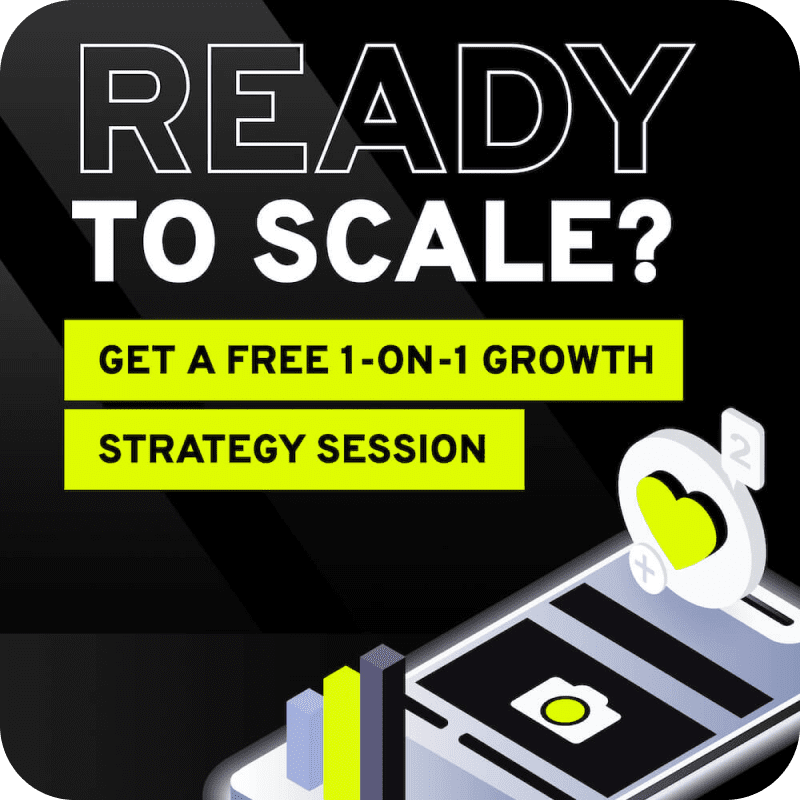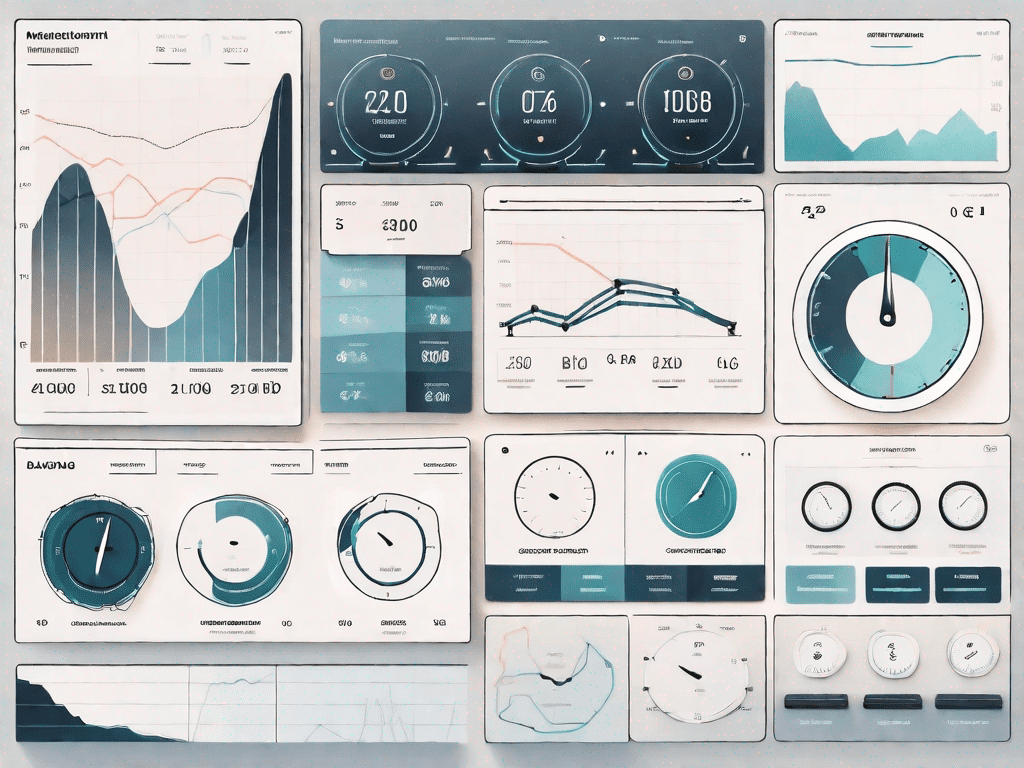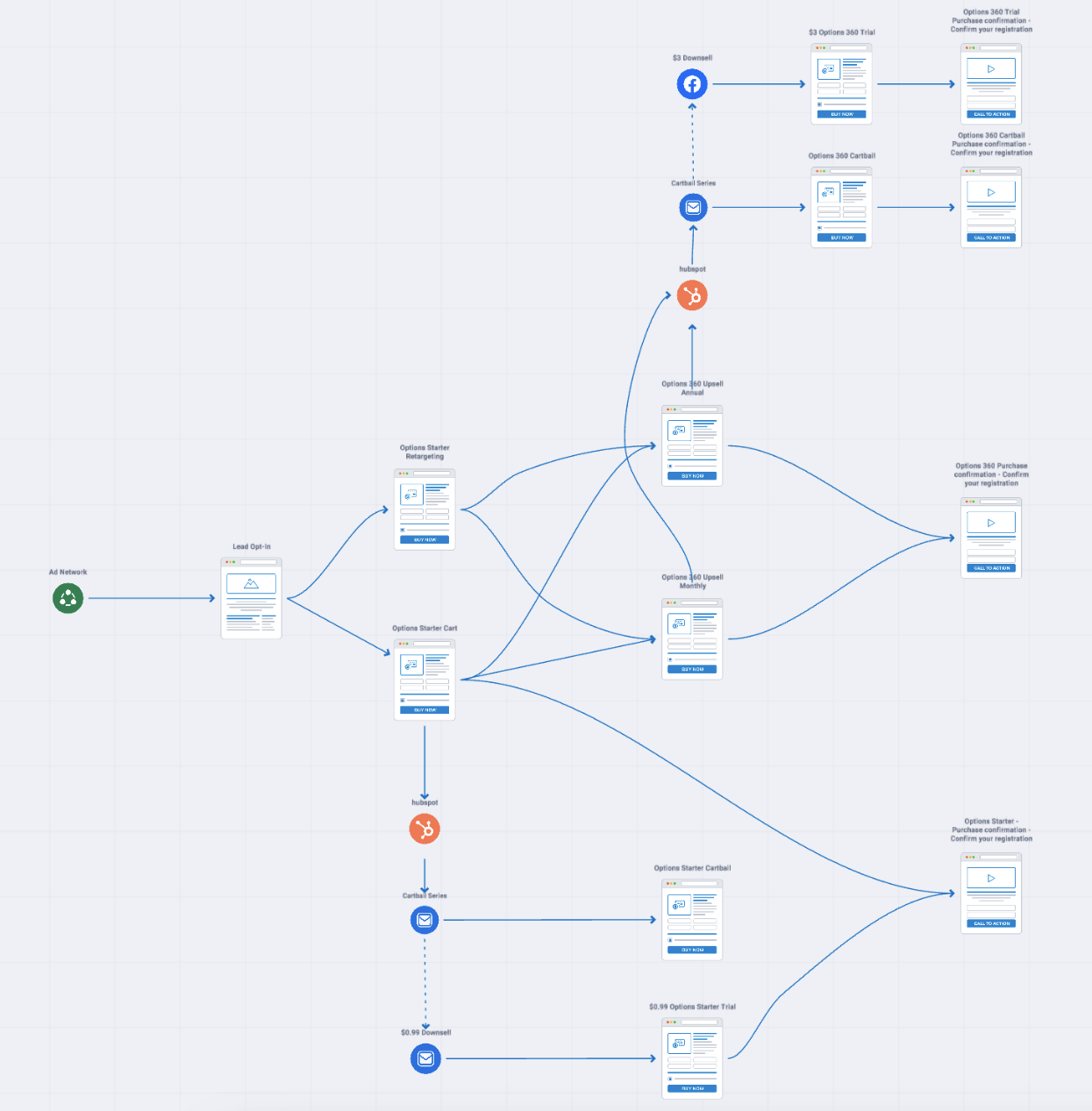Artificial Intelligence (AI) has revolutionized how businesses operate in today’s digital landscape. In the realm of marketing, AI has emerged as a powerful tool that allows companies to gain a competitive edge, enhance customer experiences, and drive revenue growth. Understanding the intricacies of AI in marketing is crucial for organizations looking to stay ahead of the curve. This article aims to shed light on the various aspects of AI in the marketing domain, discussing its definitions, advantages, challenges, and future trends.
Artificial Intelligence in Marketing
A.I. is revolutionizing the marketing industry by enabling computer systems to perform tasks that would typically require humans. From speech recognition to problem-solving, learning, and decision-making, A.I. has the potential to transform the way businesses engage with their customers digitally.
Defining A.I.
A.I. refers to the development of computer systems that can simulate human intelligence and perform tasks autonomously. In the context of marketing, A.I. involves leveraging machine learning algorithms and data analytics to automate marketing activities, gain consumer insights, and optimize campaigns.
Imagine a world where marketers can analyze vast amounts of data in real-time, identify patterns, and make data-driven decisions to create highly targeted campaigns. With A.I., this is no longer a distant dream, but a reality.
A.I. in Modern Marketing
A.I. plays a pivotal role in marketing today by empowering businesses to make data-driven decisions, automate repetitive tasks, and personalize customer experiences at scale. By harnessing the power of A.I., marketers can gain a deeper understanding of their target audience and create personalized campaigns that resonate with individual consumers.
One of the key benefits of A.I. in marketing is its ability to analyze vast amounts of data. With A.I.-powered analytics tools, marketers can uncover hidden insights, identify trends, and understand customer preferences better than ever before. This allows them to create highly targeted campaigns that deliver the right message to the right audience, resulting in higher conversion rates and increased customer satisfaction.
Moreover, robotic chatbots and virtual assistants are reshaping customer interactions. These intelligent systems can engage with customers in real-time, answer queries, and provide personalized recommendations, augmenting customer service experiences. By leveraging A.I., businesses can provide round-the-clock support and deliver personalized solutions, leading to improved customer satisfaction and loyalty.
A.I. can automate repetitive tasks, freeing up marketers’ time to focus on strategic initiatives. From automating email marketing campaigns to optimizing advertising spend, A.I.-powered tools can streamline marketing processes and improve efficiency.
As A.I. continues to evolve, it holds immense potential for marketers. With advancements in natural language processing, machine learning, and predictive analytics, AI will continue to shape the future of marketing, enabling businesses to deliver personalized experiences, optimize campaigns, and drive growth.
The Intersection of A.I. and Marketing
How A.I. is Changing Marketing Strategies
A.I. is fundamentally transforming marketing strategies by enabling marketers to optimize their efforts across various touch points. By automating time-consuming tasks such as data analysis, reporting, and content creation, A.I. allows marketers to focus on strategic initiatives that drive growth and build meaningful relationships with customers.
Additionally, A.I. is revolutionizing how marketers understand customer behavior. Through sophisticated algorithms, A.I. can analyze customer interactions, browsing history, and purchase patterns to develop accurate customer profiles. Similar to how you can build out a customer avatar to target, this holistic view of the customer enables marketers to deliver highly targeted and personalized experiences throughout the customer journey.
Benefits of Implementing A.I. in Marketing
Enhancing Customer Experience with A.I.
One of the significant advantages of implementing A.I. in your marketing is the ability to enhance the customer experience. A.I. can analyze customer data in real-time, enabling marketers to personalize interactions and offer tailored solutions. By anticipating customer needs, A.I.-powered systems can deliver relevant content, recommendations, and offers, fostering customer loyalty and satisfaction.
A.I. and Data-Driven Marketing
Data is the lifeblood of modern marketing, and A.I. acts as a catalyst in leveraging this wealth of information effectively. A.I.-powered analytics can process vast volumes of data, uncovering valuable insights that can drive marketing strategies. Marketers can identify customer segments, purchasing patterns, and preferences more efficiently, allowing for more targeted and effective campaigns.
With A.I., marketers can track and analyze real-time data, enabling them to adapt quickly to market changes and customer demands. This data-driven approach to marketing fosters agility and empowers businesses to make data-backed decisions with confidence.
Challenges and Solutions in A.I. Adoption
Overcoming the Fear of A.I. in Marketing
As with any new technology, A.I. adoption in marketing comes with challenges. Amidst concerns of job displacement and perceived invasiveness, some marketers may hesitate to embrace the full potential of A.I.. However, understanding the collaboration between A.I. and human marketers is crucial. A.I. augments human capabilities and empowers marketers to focus on creativity, strategy, and relationship building. By understanding these synergies, companies can navigate the fear of A.I. and unlock its full potential.
Addressing Ethical Concerns in A.I. Marketing
Another challenge in A.I. adoption is ensuring that ethical considerations are at the forefront. A.I. is only as unbiased and ethical as the algorithms and data it is built upon. Companies must prioritize transparency, accountability, and robust governance frameworks to mitigate the risk of bias and ensure the responsible use of A.I. in marketing. By fostering a culture of ethical A.I. practices, businesses can build trust with their customers and ensure the responsible implementation of A.I. in marketing strategies.
Future Trends of A.I. in Marketing
Predictive Analysis and A.I.
The future of A.I. in marketing lies in predictive analysis. By harnessing machine learning algorithms and historical data, marketers can forecast customer behavior, predict trends, and make proactive decisions. Predictive analysis empowers marketers to optimize marketing spend, identify high-value customer segments, and personalize experiences, ultimately gaining a competitive advantage in the market.
The Role of AI in Personalized Marketing
Personalized marketing is the key to engaging today’s discerning customers. A.I. plays a crucial role in the delivery of personalized marketing by analyzing customer data, tracking behavior, and tailoring content accordingly. As A.I. continues to evolve, personalized marketing experiences will become even more precise, resulting in increased customer satisfaction and brand loyalty.
Artificial Intelligence has undoubtedly become a game-changer in the marketing arena. Its ability to automate tasks, deliver personalized experiences, and drive data-driven decisions reshapes how businesses engage with their customers. By understanding and embracing A.I.’s potential, companies can unlock its power to gain a competitive edge, enhance customer experiences, and achieve marketing success in the ever-evolving digital landscape.
Looking for new ways to implement A.I. into your own marketing campaigns? Contact us today and we’ll set you up with a free strategy session.



